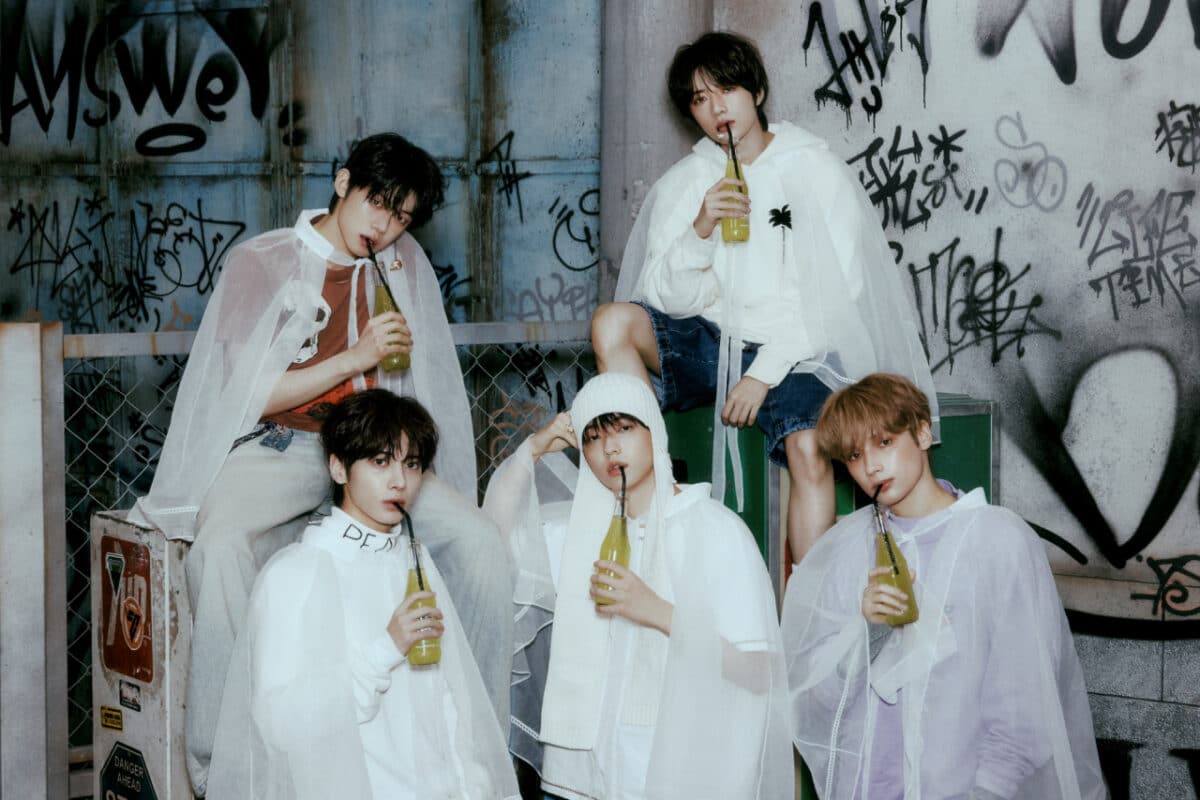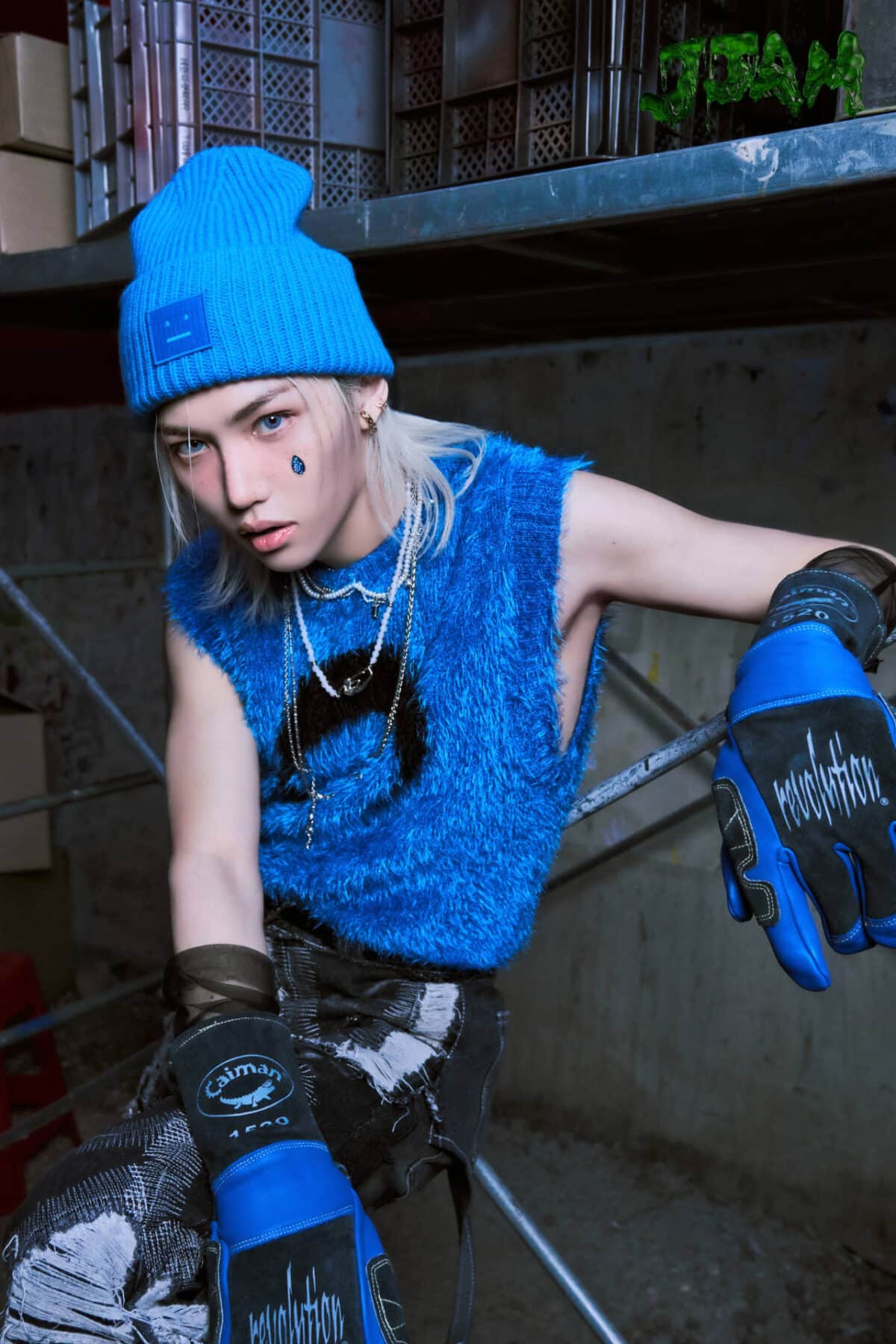K-pop idols are under intense ethical scrutiny

Tomorrow X Together. Image: BigHit Music via The Korea Herald
K-pop idols are more than just entertainers; they are cultural icons, often seen as the embodiment of South Korean values and pride. This unique role subjects them to intense scrutiny, with every action and word closely watched by fans and the public.
Incidents involving popular K-pop singers Yeonjun of Tomorrow X Together and Felix of Stray Kids on Korea’s National Liberation Day on Thursday illustrate these high expectations.
Yeonjun faced criticism after he posted photos on Instagram taken in Japan on National Liberation Day, a day that commemorates the liberation of the Korean Peninsula from Japanese colonial rule on Aug. 15, 1945. Many felt it was inappropriate to share images related to Japan on such an important day, leading to a swift backlash.
“I deeply apologize for my careless action on the day with such historical significance. I will reflect on my lack of awareness and be more cautious in the future,” Yeonjun apologized on the global fan platform Weverse on Friday.
Felix of Stray Kids also found himself in hot water after he mentioned a Japanese anime challenge for a short-form video while interacting with fans on Bubble, a fan app, on the same day. Given the day’s historical weight, fans expressed disappointment over what they saw as a lack of sensitivity. Felix quickly issued an apology through agency JYP Entertainment on Friday, expressing deep regret for his actions and acknowledging his lack of awareness.
Article continues after this advertisement
Felix of Stray Kids. Image: JYP Entertainment via The Korea Herald
The scrutiny that K-pop idols face is rooted in the significant role they play in South Korean society. Unlike celebrities in North America or Europe, who may enjoy greater leeway in their personal and public lives, K-pop idols are expected to be role models, upholding their professional image while cultivating a strong sense of respect. This is particularly important in Korea, where the entertainment industry is closely tied to national identity.
Article continues after this advertisementSocial media has amplified these pressures too.
Social media platforms like X and Instagram provide direct connections between K-pop idols and their huge fan communities, but they also mean that any misstep can be instantly shared and dissected by millions. Even well-intentioned comments can be taken out of context, leading to public backlash.
Music critic Kim Do-heon, while acknowledging the high expectations placed on K-pop singers, argues that the blame does not rest solely on the idols.
“As celebrities, it’s something that they need to handle to some extent. After all, it’s true that they are held to higher ethical standards and sometimes they face criticisms that they deserve,” Kim said on Friday. “However, one might question whether it is ethical to excessively criticize an individual for their mistakes. If we delve deeper, we find that the root of the issue lies in the unique position, activities, and power dynamics within the world of K-pop.”
“It may be a limitation of K-pop,” he continued, adding that K-pop stars are under constraints from various directions. “Idols are not creators and they are told what to say and how to act in public by their agencies. This is why Western media sometimes describe K-pop singers as ‘manufactured’ by entertainment companies.”